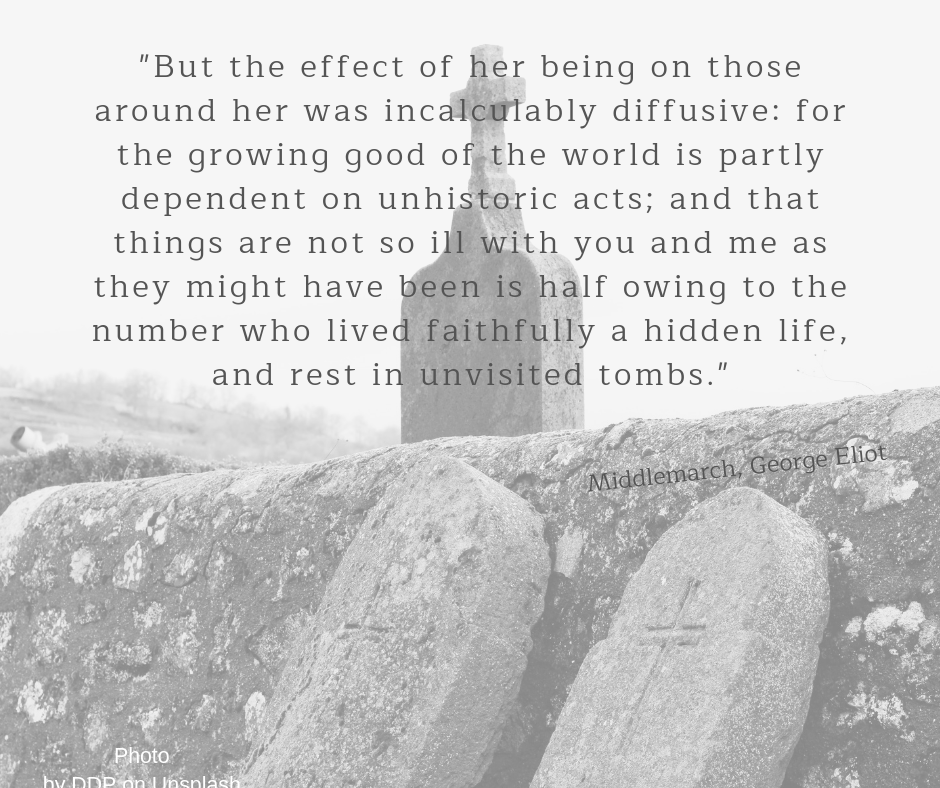I was talking to a friend the other day about the concept of success and how it’s pushed on us. It happens in networking groups. It comes up in self-help reading, business or personal. It shows up in our newsfeed amid the quote blocks and sponsored seminars. And it even shows up at ministry conferences. (People “working for God” are not immune to the siren call of success.)

But why is “success” the be all, end all? We do we want it so badly?
I’m not sure, but we do. Is it God-given ambition? Or the same pride and thirst for power that led to Lucifer’s rebellion against God and eventual expulsion from heaven? Could it be one or the other, depending on how we handle it?
If you’ve read anything I’ve written, you know I believe God has gifted each one of us with skills, passions, abilities, and interests to be used for the benefit of the world and, ultimately, for his kingdom. So it seems important that we use those gifts. And it seems logical that if they are God-given that using them would bring success.
But God’s math is not our math.
God’s kingdom is an upside-down kingdom. To be first, in God’s view we need to be “last and servant of all.” That doesn’t align with our normal view of success.
The same morning that my friend and I talked, I was reading in the Bible in the book of John. Chapter 21, verse 1–2, takes place after the resurrection of Jesus, and Peter decides on a fishing trip. The passage says “Simon Peter, Thomas (also known as Didymus), Nathanael from Cana in Galilee, the sons of Zebedee, and two other disciples were together.” I’m sure there were powerful and meaningful lessons in this passage, but here’s what I spent my time thinking about:
Those “two other disciples” didn’t even rate names.
How did they feel about that? When you read about the disciples in the Gospels, there are always the big three in the “inner circle”—Peter, James and John—getting lots of press. A few others—Andrew, Thomas, and Nathaniel—have some cameo appearances. And most of the others (except Judas) get . . . nothing.
Did that bother them? Did they wonder what the point was? Did they feel envious of the big three?
I would have been. I know that, because often I still am. I’m jealous or envious of those whose success is greater. When they score a book contract, when they get that speaking gig, when their post goes viral, my visceral reaction is, “Why them? Why not me?” I know that’s not a godly reaction. And thankfully, I’ve worked on it over the years, so now I can quickly move beyond that. I can honestly be happy for them, celebrate with them, buy their book, pray for their continued success.
And I can do my best to use my gifts in the way God chooses and leave the results, the level of success, up to him.
That same morning, I read this post on Facebook, a post that felt God-sent, a confirmation:

I took it as encouragement to keep moving forward. My words may not influence multitudes but they matter to someone. And so I try to remain faithful. That’s all God asks of me. Success cannot be the goal.
Every time I see a post on Twitter or Facebook asking for “your favorite last line of a book,” I answer with the same quote from Middlemarch by George Eliot. As my friend and I talked I shared the quote with her:

“Unvisited tombs,” she repeated slowly. “Lived faithfully a hidden life,” I echoed, desperately wanting to be willing to earn that epitaph.